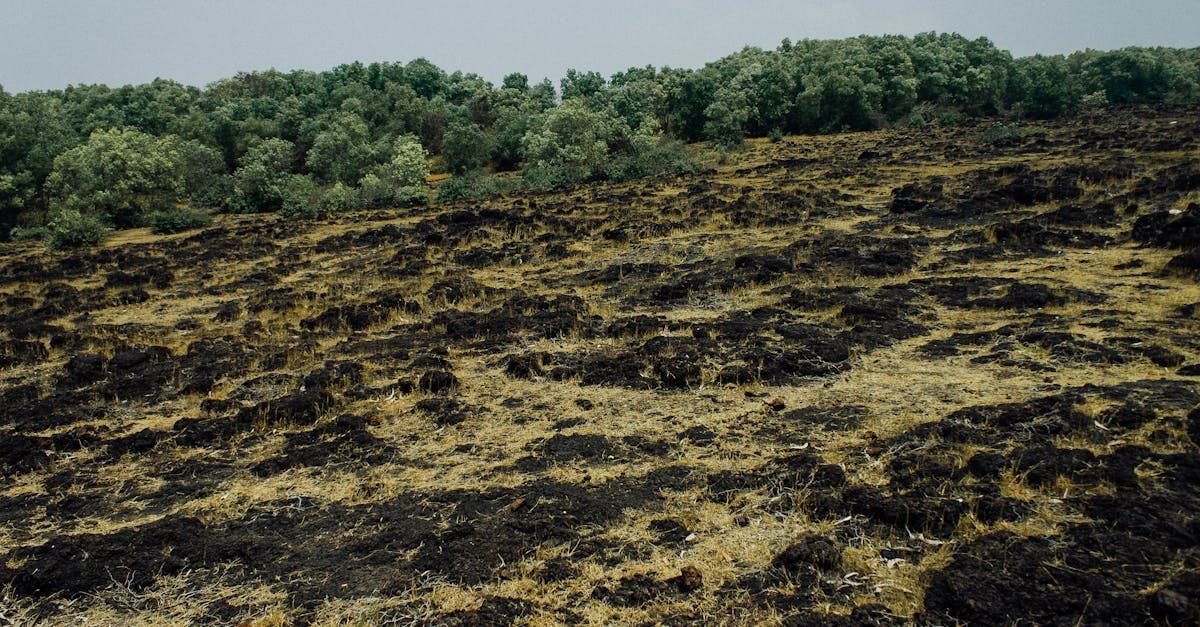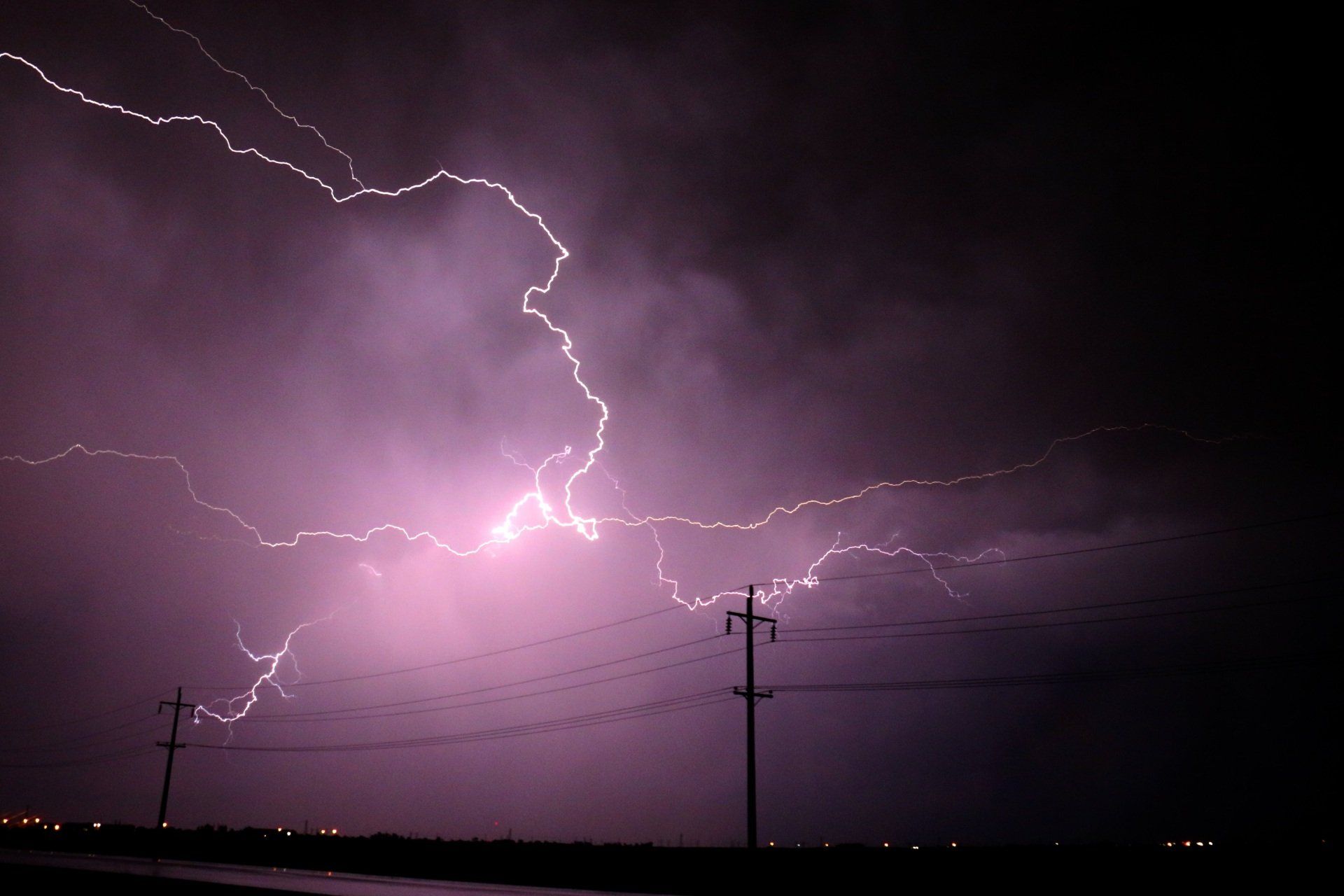Understanding Your Rights: Bringing a Lawsuit under the Clean Water Act
Are you concerned about the cleanliness of the water in your area? You may have the legal right to take action to protect your environment. Understanding your rights and knowing how to bring a lawsuit under the Clean Water Act can help you hold polluters accountable for their actions. In this blog post, we will provide an overview of the Clean Water Act and explain how to bring a lawsuit to enforce your rights.
What is the Clean Water Act?
The Clean Water Act is a federal law passed in 1972 that regulates the pollution of surface water, including streams, rivers, wetlands, lakes, and other bodies of water. The law protects these water sources from pollutants like agricultural runoff, industrial waste, and sewage. The Clean Water Act sets strict standards for water quality and requires that any activity that would or could pollute water bodies be regulated. It also requires permits for the discharge of pollutants into bodies of water. In addition, it provides for the enforcement of these standards by allowing citizens to bring a lawsuit against entities violating the law. Citizens can sue if they believe their water has been polluted due to violations of the act. When bringing a lawsuit under the Clean Water Act, it's important to understand your rights. For example, you may be able to sue not just the individual or business responsible for the pollution but also any government agencies or organizations that are associated with the violation. You must provide proof of the violation and evidence that you have suffered an injury or damages due to the violation. It is important to consult an attorney to understand your rights and make sure you have all of the necessary evidence. Additionally, you may be able to seek both compensatory damages as well as punitive damages if the court finds that there was willful negligence on behalf of the defendant. Finally, keep in mind that filing a lawsuit can be a lengthy and expensive process, so you should consider all of your options before deciding how to proceed.
What Are My Rights Under The Clean Water Act?
The Clean Water Act (CWA) grants individuals certain rights to protect the quality of the nation’s waterways. The CWA prohibits activities that would cause or contribute to the pollution of “navigable waters,” which includes most rivers, lakes, and streams, as well as wetlands and their associated waters.
Under the CWA, individuals are granted the right to bring a lawsuit against anyone who is discharging pollutants into navigable waters without a permit or in violation of their permit. Individuals also have the right to seek relief from polluters for damages caused by the pollution and to be fully compensated for any costs associated with cleaning up the pollutant. Furthermore, individuals can also seek relief for any impairment of their recreational use of a body of water, or for damage to aquatic life, fish, shellfish, or wildlife caused by the pollution.
Individuals can also sue on behalf of any state or local government that is not enforcing the CWA. Under this provision, an individual can seek relief if they believe a state or local government is not doing enough to prevent illegal discharges into navigable waters.
Overall, the CWA grants individuals broad rights to seek relief from polluters who are endangering the environment. The CWA is an important tool for protecting our nation’s waterways and ensuring that individuals are able to enjoy them for years to come. In order to take advantage of these rights, however, it is important to understand the process of bringing a lawsuit under the CWA. Firstly, it is essential to identify the polluter and determine what type of pollutant they are releasing into the waterway. Once identified, you must compile evidence that demonstrates that the polluter is indeed releasing pollutants without a permit or in violation of their permit. This evidence should include photographs, samples of the polluted water, and/or testimony from witnesses. After you have collected sufficient evidence, you can then contact the appropriate regulatory agency and ask them to enforce the provisions of the CWA. If the agency refuses or fails to take action, then you may file a complaint in federal court to enforce your rights under the CWA. Before filing your complaint, however, it is advisable to consult an experienced environmental attorney who can guide you through the process and help ensure your legal claims will be successful.
When Can I Bring A Lawsuit?
Under the Clean Water Act, you can bring a lawsuit when you believe someone has violated their legal duties. This can include violations of the law that prohibits water pollution, as well as violations of the Clean Water Act’s permitting requirements. You can also bring a lawsuit if you have been injured by someone’s failure to comply with their legal duties, or if you are seeking to enforce compliance with the Clean Water Act’s requirements.
Typically, the most common way to bring a lawsuit under the Clean Water Act is through citizen suits. These types of suits are authorized under Section 505 of the act and allow private citizens to sue for civil penalties for violations of the act. In order to bring a citizen suit, an individual must meet certain criteria, such as having an interest in the subject matter, being adversely affected by the violation, and filing a notice of intent to sue sixty days before filing the actual lawsuit.
In addition to citizen suits, individuals may also seek judicial review of permits issued by the Environmental Protection Agency (EPA). Judicial review allows individuals to challenge an agency action in federal court. It also allows individuals to raise additional arguments and facts not considered during the permitting process.
Finally, individuals may bring administrative complaints with the EPA. This type of complaint requires individuals to submit evidence of violations and seek administrative remedies rather than seeking penalties in court. Administrative complaints are typically used to resolve disagreements without going to court.
No matter which type of action you decide to take, it is important to consult with a qualified attorney before taking any action under the Clean Water Act. An experienced attorney can provide guidance on the legal options available and help you determine the best course of action for your case.
Who Can I Sue?
Under the Clean Water Act, you can bring a lawsuit against any person, state, municipality, or other entity responsible for any violation of the Act. These violations include discharging pollutants into navigable waters without a permit, failing to comply with permit conditions, or interfering with someone else’s rights under the Act. In addition, the Clean Water Act allows for “citizen suits,” which allow individuals to sue on behalf of the public interest. This means that anyone can bring a lawsuit under the Clean Water Act if they believe a violation is occurring or has occurred.
In some cases, you may also be able to sue multiple entities for a single violation. For example, if you are suing for a violation caused by multiple parties, you may have the right to sue them all. Additionally, those responsible for a violation of the Clean Water Act may be liable for punitive damages in certain circumstances. This means that if it is found that they acted recklessly or with intent to harm, they may be required to pay damages beyond what is necessary to restore the waterway and make up for any economic losses.
What Kind of Damages Can I Recover?
If you choose to bring a lawsuit under the Clean Water Act, you may be able to recover a variety of damages. The most common form of relief is monetary compensation for any harm suffered as a result of the violation. This could include medical expenses, lost wages, and other economic losses due to environmental contamination. You may also be able to receive non-economic damages for pain and suffering, emotional distress, and mental anguish caused by the violation. In some cases, the court may also issue an injunction to require the violator to take action to stop the violation and make necessary repairs to restore the environment. Lastly, you may be awarded punitive damages in order to punish the violator and deter similar behavior in the future. It’s important to note that these damages can vary significantly depending on the specific facts of each case. Therefore, it’s important to consult an attorney to understand your options and determine what types of relief are available to you.
How Do I Bring A Lawsuit?
If you feel your rights under the Clean Water Act have been violated, you can bring a lawsuit to hold responsible parties accountable. This can be done through filing a complaint in a federal or state court.
In order to bring a successful lawsuit under the Clean Water Act, there are several important elements you must consider. You will need to show that you have standing, which means that you have experienced a personal injury due to the violation of the law. You will also need to identify the proper defendant, which is the party responsible for the violation. Once these elements have been established, you can then file a complaint with the court.
When filing your complaint, make sure to include all relevant facts and evidence of the violation. This can include information such as the date of the violation, how it occurred, who was responsible, and any supporting documentation. Be sure to include a prayer for relief in your complaint, which is a statement of what kind of compensation you are seeking.
Once your complaint is filed with the court, the defendant will be served with notice of the lawsuit and will have an opportunity to respond. The case will then proceed according to the applicable rules of civil procedure in either federal or state court. At any point during this process, you may be able to negotiate a settlement agreement with the defendant without having to go to trial.
The Clean Water Act provides a powerful tool for protecting our nation’s precious water resources and enforcing the law against those who violate it. If you believe your rights under the Clean Water Act have been violated, do not hesitate to consult with an attorney and take action to bring a lawsuit. With an effective lawsuit, you can hold those responsible accountable and seek justice.
MORE ALABAMA INJURY LAW NEWS






OUR LAW FIRM IS HERE TO HELP
Contact our Birmingham, Alabama Injury Lawyers Today for Legal Help
Have you or a family member recently been injured in an accident in Alabama? Contact Snable Stevenson & Silva for immediate legal assistance and advice. You may be able to pursue compensation for your medical bills, lost wages, and other expenses. Our qualified Alabama injury lawyers can help you fight to secure a full and fair award.
We offer a free case evaluation and consultation. Contact our law office in Birmingham, Alabama to schedule yours today. If you can’t come to us, we can arrange a time to visit you. Consultations can be arranged at the hospital, your home, or even your place of business. There’s a limited amount of time to act, so give us a call to get started today.
FREE CASE EVALUATION
GET STARTED
Thank you for submitting a request.
Our team will follow up with you as soon as possible.
There was an error sending your message.
Please try again later.
(800) 266-0877 • attorneys@snablestevenson.com
(205) 582-8000 • 2737 Highland Ave South, Birmingham, AL 35205
(901) 474-2900 • 1545 Union Ave, Memphis, TN 38104
This website is an advertisement for legal services. No representation is made that the quality of the legal services to be performed is greater than the quality of legal services performed by other lawyers. Use of this website signifies your agreement to the Terms of Use, Privacy Policy, and Form Disclaimer.
Snable Stevenson & Silva L.L.C.

